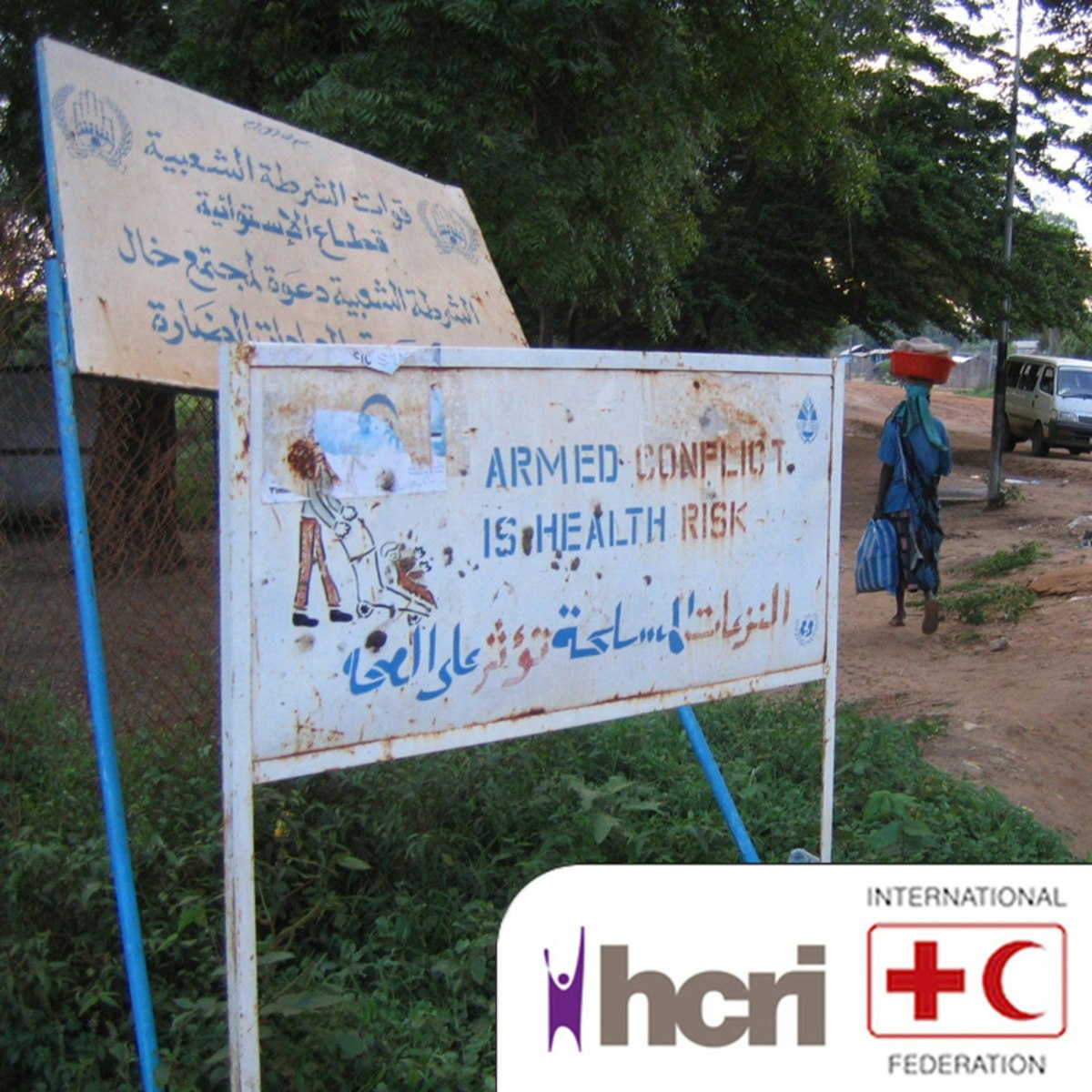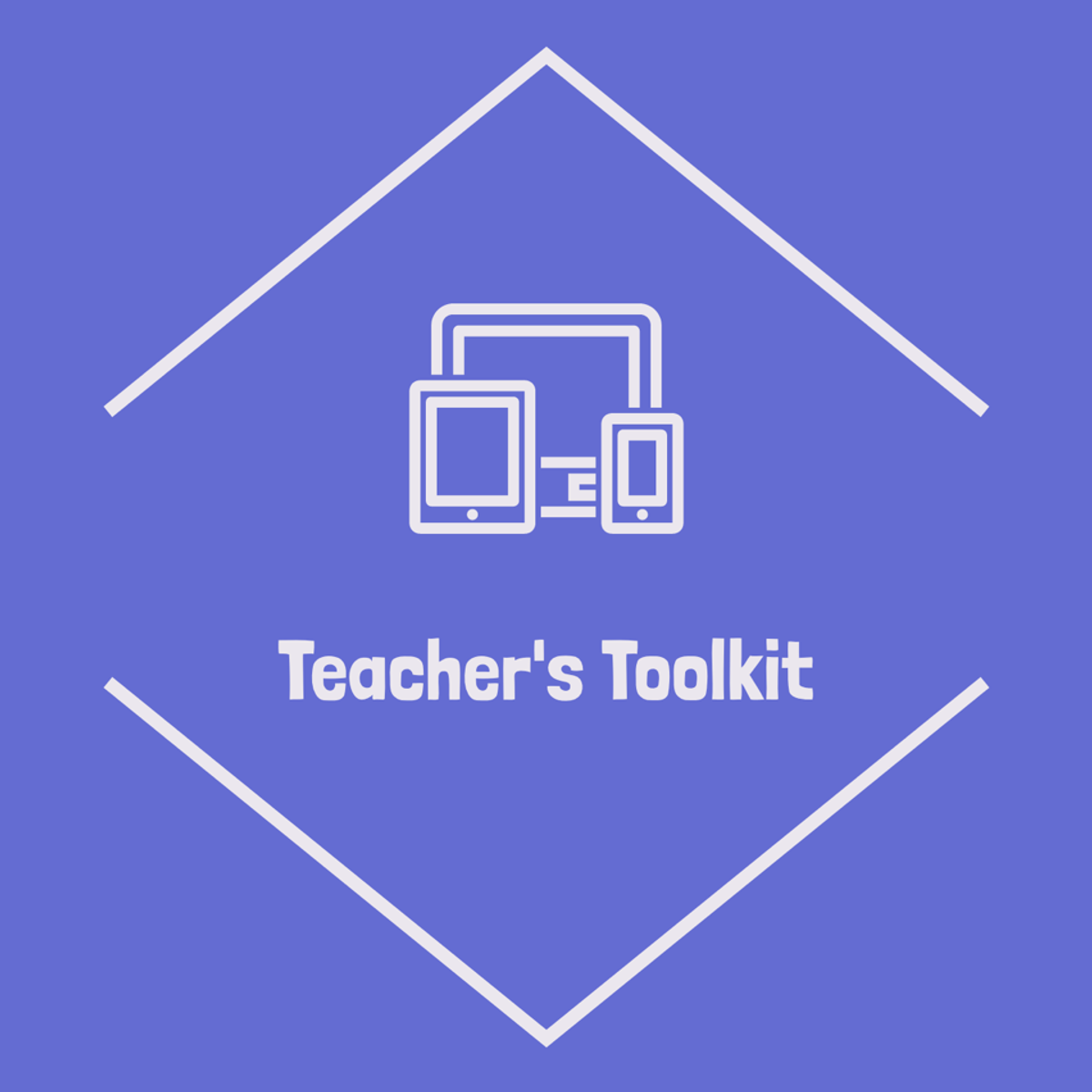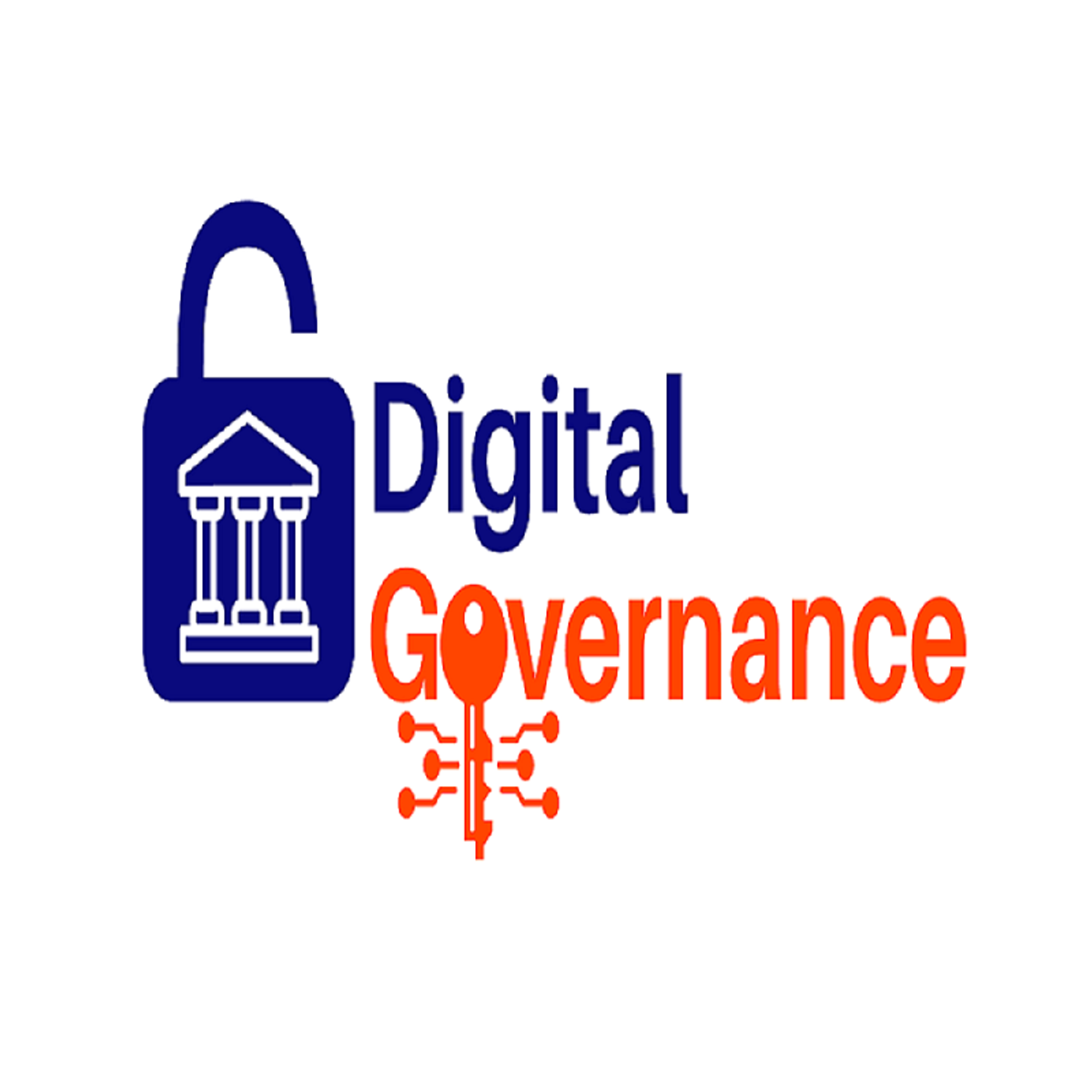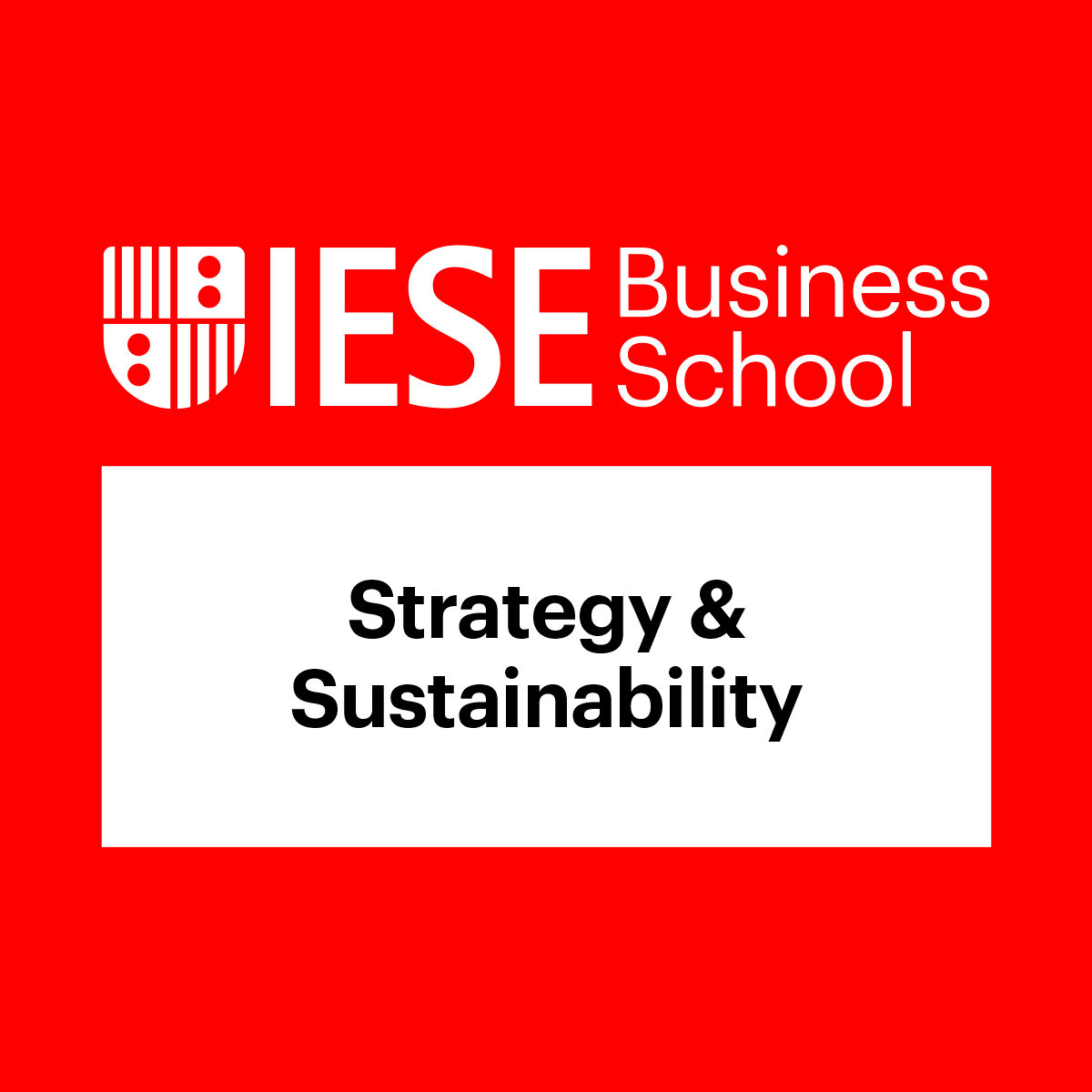Back to Courses









Social Sciences Courses - Page 12
Showing results 111-120 of 672

Activism in Sports and Culture
Sports have become an ever-present reflection of American culture, and an important symbol of the divisions and alliances in our society. Sports and political change walk hand in hand in America. The way that athletes and institutions deal with questions of race, economic hardship, nationalism, and political ties have become central to the way that we understand ourselves and our society. And yet, there are those who would prefer their sports free of controversy and opinion. Dedicated athletes, coaches, and media personalities have pushed back against this refrain, demanding to be seen not just as entertainers but as fully formed humans with political opinions and experiences. Their struggles against injustice have changed the face of America and kicked off a reckoning within modern-day sports.
How does context inform the shape and outcome of protests? What is it about sports that provides space — or doesn't — for political statements? Why do some of us expect athletes to be activists, when others would rather they "shut up and dribble"? We'll explore all of these questions and more in this class.
Your professor will be NBA All-Star and TNT Sports journalist and commentator Chris Webber, who leads interviews with iconic activists, including John Carlos and Jemele Hill as they wrestle with the meanings and outcomes of their activism. You'll read and watch primary source documents about acts of protest, and academic and journalistic work that reckons with the legacies of those acts. By the end of the course, you'll have a better understanding of historical and contemporary protest moments, and be able to create and apply new ways of thinking about the activism within the world of sports in history and today.

ADHD: Everyday Strategies for Elementary Students
This course will provide an overview of ADHD diagnosis and treatment. Course participants can expect to learn about ADHD as a developmental disorder that begins early in childhood, and participants will also learn about evidence-based approaches for diagnosing ADHD. Following that, two evidence-based treatment approaches (the Daily Report Card and Parenting Strategies) will be introduced. (Note these course activities are informational and are not intended to replace working with a licensed/trained professional).
Learning Objectives: Students will be able to identify the behaviors characteristic of ADHD, the components of a diagnosis, and evidence-based treatment procedures that can be used in the school or home.
1. Identify the key areas of functional impairment, symptom presentation, and diagnostic decision-making for youth with ADHD.
2. Develop a behavioral intervention suitable for treating ADHD in the school setting.
3. Apply effective parenting and teaching strategies for supporting youth with ADHD in the home, classroom, and neighborhood.

Global Health and Humanitarianism
Welcome to the Global Health and Humanitarianism MOOC. We are delighted to have you with us, and hope that the next six weeks will provide an interesting and thoughtful experience for you.
We hope the course will give you an overview of global health and humanitarianism in theory and in practice. These fields overlap, and are connected, in many significant ways. However, we have used three key themes to explore our subjects: each key theme will be discussed over two week blocks by specialist course lecturers, and supported by unique video perspectives by three keynote speakers who are leading specialists in the field.
- Weeks 1 & 2: An Introduction to Global Health Dr Amy Hughes MBE;
- Weeks 3 & 4: Humanitarian Responses and Dilemmas Dr Tim Jacoby;
- Weeks 5 & 6: The Right to Humanitarian Assistance and the Responsibility to Protect Dr Kirsten Howarth.
To get the best out of the course we encourage you to try and set aside a few hours each week. This will give you time to work through videos, written materials and linked resources, and to get involved with discussion with other learners. We have provided a variety of different readings, resources and suggested activity based on the course content. Some will be essential to your understanding of the MOOC themes, and to assessment (if you have chosen to take part in assessment activity). Others will be for those of you who want to discover more about a particular subject or perspective, or to make your own study of global health or humanitarianism in action. Check through the weekly resources and content to find out which best suit your needs.
During the course we will look at a range of different opinions and debates, linked to key themes and addressing ethics and moral issues. We hope you will be inspired and encouraged to explore and share your own perspectives, and those of others, throughout the course. Different viewpoints are essential to understanding global health and humanitarian practice.
We hope you enjoy the next six weeks finding out about Global Health and Humanitarianism, and look forward to hearing from you on the discussion boards.

Implementing Parent Feedback with Google Forms
By the end of this project, you will have created a parent survey that you can send to your students’ parents at the end of each school year. Continued professional development is important to be the most effective and current teacher you can be. But we do not often receive the feedback we need to keep our growth going.
Through this project, you will be ready to gain valuable feedback from parents, allowing you to discern areas of strength and growth for your future teaching. Using these same skills, you can go on from this project to create surveys to use with your students - especially for those in middle and high school - in order to start the year strong or gain insight for future growth. Feedback can also become a part of your professional portfolio. What better data than feedback from your classroom community?

Severe to Profound Intellectual Disability: Circles of Care and Education
This course is about caring for and educating children (and youth) with severe to profound intellectual disability. We use the idea of 'circles' to position the child at the center of the many levels of support needed. Around the child are circles of care and education - such as the parents, family, friends, caregivers, educators, health care workers and others such as neighbors, business owners and community members. Each one has an important role to play in the life of a person with an intellectual disability and can be seen as a caregiver and educator. Although this course is aimed particularly at caregivers who work at a special centre or in a private home, each person in the circle of care and education plays a valuable role and will find the course useful.
During the course you can gain greater understanding about intellectual disability, levels of severity of intellectual disability and the history of intellectual disability. You will also start to understand how you can support children and youth with severe to profound intellectual disability so that they can reach their full potential and become participating members of society. We look at lifelong learning by exploring brain development, the learning process and how to maximise the opportunities for learning.
With input from a range of experts, we consider how best learning can be facilitated. This includes looking at children’s learning support needs, how to go about planning activities for the learning programme as well as how to empower multiple people who work in a team to care and educate children with severe to profound intellectual disability.
In the last week, we focus on rights, advocacy and relationships of care. Empowering and caring for caregivers themselves is a key focus of the course.
For professional development purposes, you can purchase a Verified Certificate if you wish to show evidence of your achievements, but this is optional, and you can apply for Financial Aid if you are unable to pay the certificate fee.

Digital Governance
Big data, artificial intelligence, machine learning, autonomous cars, chatbots, just a few terms that have become a part of our professional legal and political vocabulary. Emerging technologies and technological advancement have confronted us in our daily practice and will continue to do so in the future. Whether we’re buying something online, taking part in an election, or chatting with friends across the globe. Technology is here and it is here to stay. However, as convenience as these new technologies may seem, they also have disruptive effects on society and pose us for legal and political challenges. These challenges are central to this MOOC on digital governance.
After participating in this MOOC:
- You are aware of the impact and effect of emerging technologies on law and politics.
- You can identify risks and challenges of digitization in relation to EU law, markets and economics.
- You understand the interconnectedness of problems, questions and solutions.
- You are able to break down a concrete case of digitalization impact into a sub problem.
- You can allocate problems to various fields of science or sub-fields of law.
But most importantly, you will have a lot of fun and inspiration following this course, designed by an international community of legal experts in the field of digital governance. Come with us on the journey!

Foundations of Teaching for Learning: Planning for Teaching and Learning
The Foundations of Teaching for Learning programme is for anyone who is teaching, or who would like to teach, in any subject and any context - be it at school, at home or in the workplace. With dynamic lessons taught by established and respected professionals from across the Commonwealth, this eight course programme will see you develop and strengthen your skills in teaching, professionalism, assessment, and more. As you carry on through the programme, you will find yourself strengthening not only your skills, but your connection with colleagues across the globe. A professional development opportunity not to be missed.
This course will help you consider how to develop appropriate learning goals for individual and groups of students. You will learn how to plan learning activities to engage your students in ways that will achieve these goals.
Enhance your course by joining the Commonwealth teaching community on our website, Facebook and Twitter.

Revolutionary Ideas: Borders, Elections, Constitutions, Prisons
What is the purpose of government? Why should we have a State? What kind of State should we have?
Even within a political community, there may be sharp disagreements about the role and purpose of government. Some want an active, involved government, seeing legal and political institutions as the means to solve our most pressing problems, and to help bring about peace, equality, justice, happiness, and to protect individual liberty. Others want a more minimal government, motivated, perhaps, by some of the disastrous political experiments of the 20th Century, and the thought that political power is often just a step away from tyranny. In many cases, these disagreements arise out of deep philosophical disagreements.
All political and legal institutions are built on foundational ideas. In this course, we will explore those ideas, taking the political institutions and political systems around us not as fixed and unquestionable, but as things to evaluate and, if necessary, to change. We will consider the ideas and arguments of some of the world’s most celebrated philosophers, including historical thinkers such as Plato, Hugo Grotius, David Hume, Thomas Jefferson, and James Madison, and more contemporary theorists such as Michelle Alexander, Kwame Anthony Appiah, Bryan Caplan, Angela Davis, Ronald Dworkin, Jon Elster, John Hart Ely, H.L.A. Hart, Michael Huemer, Andrew Rehfeld, and Jeremy Waldron.
The aim of the course is not to convince you of the correctness of any particular view or political position, but to provide you with a deeper and more philosophically-informed basis for your own views, and, perhaps, to help you better understand the views of those with whom you disagree.

Strategy and Sustainability
Business and environmental sustainability are not natural bedfellows. Business is about making money. Sustainability is about protecting the planet. Business is measured in months and quarters. Sustainability often requires significant short term costs to secure a sometimes uncertain long-term benefit. To some activists, all executives are exploitative, selfish one percenters. To some executives, all activists are irresponsible, unyielding extremists.
And yet engaging with the issue isn’t optional – all businesses must have a strategy to deal with sustainability and, like any strategy, this involves making choices.
This Strategy and Sustainability course based on Rosenberg's recently published book by Palgrave (http://www.palgrave.com/la/book/9781137501738) that encourages learners to filter out the noise and make those choices in a hard-nosed and clear-eyed way. Prof. Rosenberg’s nuanced and fact-based point of view recognizes the complexity of the issues at hand and the strategic choices businesses must make. He blends the work of some of the leading academic thinkers in the field with practical examples from a variety of business sectors and geographies and offers a framework with which senior management might engage with the topic, not (just) to save the planet but to fulfill their short, medium and long-term responsibilities to shareholders and other stakeholders.
This course promises to be both engaging and thought-provoking, aimed at anyone who wishes to gain a deeper understanding of a subject that is no longer perceived as a choice but a necessity for future managers and business leaders alike.

Global Statistics - Composite Indices for International Comparisons
The number of composite indices that are constructed and used internationally is growing very fast; but whilst the complexity of quantitative techniques has increased dramatically, the education and training in this area has been dragging and lagging behind. As a consequence, these simple numbers, expected to synthesize quite complex issues, are often presented to the public and used in the political debate without proper emphasis on their intrinsic limitations and correct interpretations.
In this course on global statistics, offered by the University of Geneva jointly with the ETH Zürich KOF, you will learn the general approach of constructing composite indices and some of resulting problems. We will discuss the technical properties, the internal structure (like aggregation, weighting, stability of time series), the primary data used and the variable selection methods. These concepts will be illustrated using a sample of the most popular composite indices. We will try to address not only statistical questions but also focus on the distinction between policy-, media- and paradigm-driven indicators.
Popular Internships and Jobs by Categories
Browse
© 2024 BoostGrad | All rights reserved


